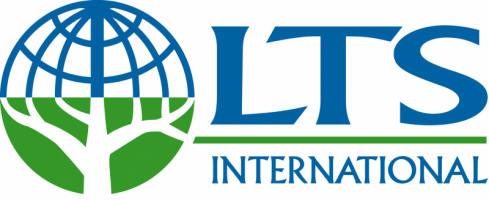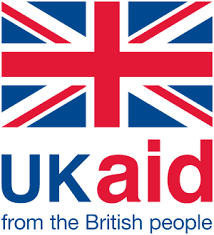Community / Land projects / Land Rights for Rural Women and Youth
Land Rights for Rural Women and Youth

€0
01/22 - 02/23
Завершено
This project is part of
Implementing Organisations
Donors
Data Providers
General
The Project seeks to protect the rights of rural women and youth to access land in the project Communities of Margibi and Bong counties. The project aims to contribute to secure land tenure for poor and marginalised rural women and youth, vulnerable women and youth of 20 rural communities in Bong and Margibi counties will be empowered. The project target is to ensure that rural women and youth enjoy and exercise unfettered access to land in their respective communities. The project will ensure that rural women and youth acquire knowledge on their right to land as well as their right to inherit real property, specifically land right. This intervention will instill self-confidence amongst Women and youth that will enable them to express their experiences and report cases in which they have been marginalised. The project will contribute through: 1. Awareness and outreach on the various categories of lands, including private, government, public and customary land through town hall meetings, LLS will make use of the Community Land Dispute Committee (CLDC) to carry out sustained awareness periodically 2. Collaborate with the Liberia Land Authority (LLA), local authorities, town chiefs and LLA focal points in the counties and districts 3. Support the targeted communities (especially marginalized rural women and youth) to recognize and exercise their statutory and customary rights, knowledge sharing and networking; targeted community leaders (rural women and youth leaders, Elders and chiefs) will receive refresher training in the Land Rights Act and the Inheritance Law through Legal Aid Support Meetings, and 4. LLS will engage the local bar association in the counties for the purpose of litigation, where land rights issues fail to be resolved using the Alternative Dispute Resolution (ADR) method.



